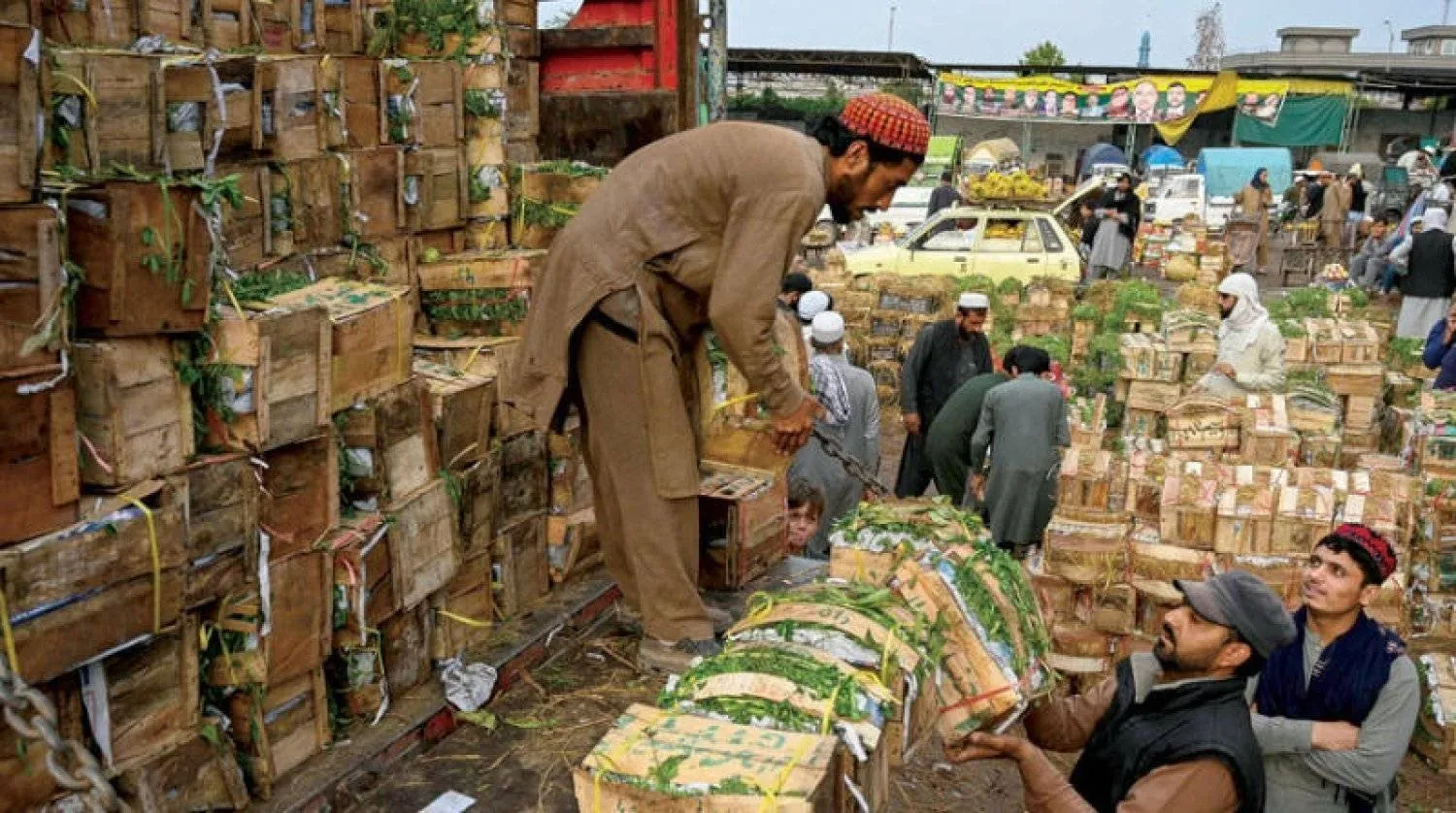State Bank of Pakistan Governor Jameel Ahmad said his country aims to raise up to $4 billion from Middle Eastern commercial banks by the next fiscal year, as the country looks to plug its external financing gap.
In a wide-ranging interview with Reuters, Ahmad said Pakistan was also in the “advanced stages” of securing $2 billion in additional external financing required for International Monetary Fund approval of a $7 billion bailout program.
This came as Pakistan is making good progress with the International Monetary Fund and hopes to get board approval in September for a new $7 billion loan program, Pakistan's Finance Minister Muhammad Aurangzeb said last Wednesday.
Pakistan and the IMF reached an agreement on the 37-month loan program in July. The IMF said the program was subject to approval from its executive board and obtaining “timely confirmation of necessary financing assurances from Pakistan's development and bilateral partners.”
In his interview with Reuters on Tuesday, Ahmad said he expected the country's gross financing needs would be smoothly met - both over the next fiscal year and in the medium term.
In addition, Ahmad said the central bank reckoned Pakistan's gross financing needs for the coming years would be lower than the 5.5% of gross domestic product projected by the IMF in its latest country report in May.
Asked about monetary policy, Ahmad said recent interest rate cuts in Pakistan have had the desired effect, with inflation continuing to slow and the current account remaining under control, despite the cuts.
Pakistan's annual consumer price index inflation was 11.1% in July, having fallen from highs of over 30% in 2023.
“The Monetary Policy Committee will review all these developments,” Ahmad said, adding that future rate decisions could not be pre-determined.
Pakistan's central bank cut rates for two straight meetings from a historic high of 22% to 19.5%, and will meet again to review monetary policy on September 12.
There have been some concerns in markets that the government might take advantage of lower interest rates to borrow more, but the central bank chief said this was not his expectation.
“We understand that the government will continue on the path of fiscal consolidation, notwithstanding the reduction in interest rates,” said Ahmad.









